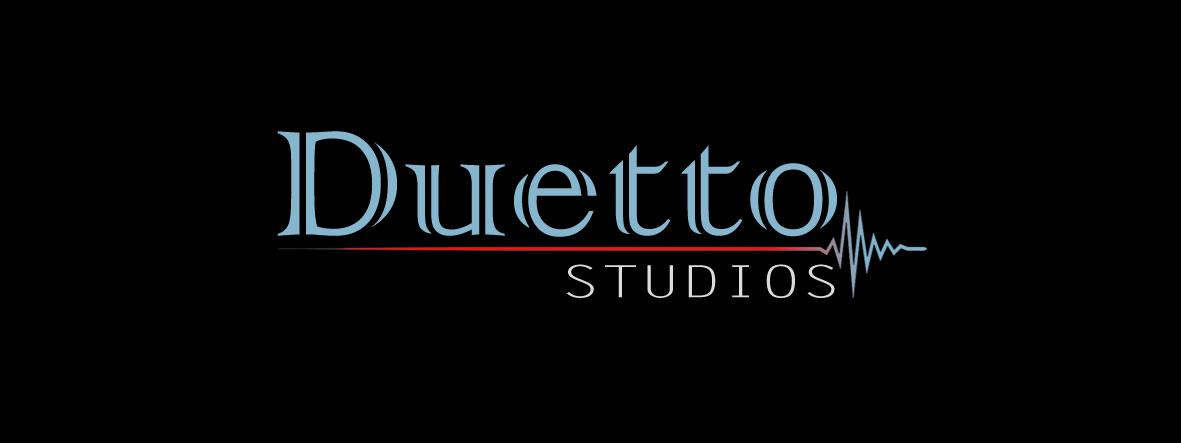Workshops
workshops in filmmaking offer a unique opportunity for aspiring filmmakers and media professionals to gain hands-on experience and in-depth knowledge from seasoned experts in the industry. These workshops are designed to provide valuable insights, practical skills, and industry connections that are crucial for success in the world of cinema and media. Here’s a detailed guide to what these workshops entail and the benefits they offer:
- Overview of Training Workshops
Objective: The primary goal of these workshops is to equip participants with the skills and knowledge needed to excel in various aspects of filmmaking and media production. This includes everything from scriptwriting and directing to editing and sound design.
Expert Instructors: Workshops are led by renowned academics and industry professionals with extensive experience in filmmaking, media production, and broadcasting. Their expertise provides participants with a comprehensive understanding of the industry. - Key Components of the Workshops
Curriculum Design: The workshops are structured to cover a broad range of topics relevant to filmmaking. This includes theoretical knowledge as well as practical, hands-on experience. The curriculum is designed to cater to different skill levels, from beginners to advanced practitioners.
Course Modules: Typical modules may include:
Scriptwriting: Techniques for crafting compelling narratives, character development, and dialogue writing.
Directing: Principles of visual storytelling, actor direction, and scene composition.
Cinematography: Understanding camera techniques, lighting, and shot composition to achieve the desired visual style.
Sound Design: Basics of audio recording, mixing, and sound effects to enhance the overall production quality.
Editing: Skills in video editing software, storytelling through editing, and post-production techniques.
Production Management: Planning and managing film projects, budgeting, scheduling, and coordinating with cast and crew.
Practical Exercises: Participants engage in hands-on exercises and projects to apply what they’ve learned. This may include creating short films, conducting interviews, or working on real-life production scenarios.
Guest Lectures and Panels: Industry professionals and guest speakers share their experiences, insights, and tips. These sessions provide valuable networking opportunities and real-world perspectives.
- Benefits of Attending
Skill Development: Participants gain practical skills and knowledge that are directly applicable to their filmmaking projects. This hands-on experience helps in mastering various aspects of production.
Industry Insights: Learning from experts who have worked on major films and media projects offers participants a deeper understanding of industry trends, challenges, and best practices.
Networking Opportunities: Workshops provide a platform to connect with other filmmakers, industry professionals, and potential collaborators. Building a network is crucial for career growth and project development.
Portfolio Building: Participants have the opportunity to work on projects that can be added to their portfolios. This practical experience is valuable for showcasing their skills to potential employers or clients.
